Recently, Space in Africa announced its selection for the top 10 under 30 in the African space industry for the second year in a row. The series began in 2019 to highlight the profiles of the top 10 innovators, engineers, researchers, writers, and contributors in the field. This year’s selection have been recognized for displaying outstanding courage and contributions to the industry, serving as a reminder that Africa is ready to take a seat in the global space market.
Here are this year’s Top 10 Under-30 Award Recipients:
Bevania Martins (28), Angola
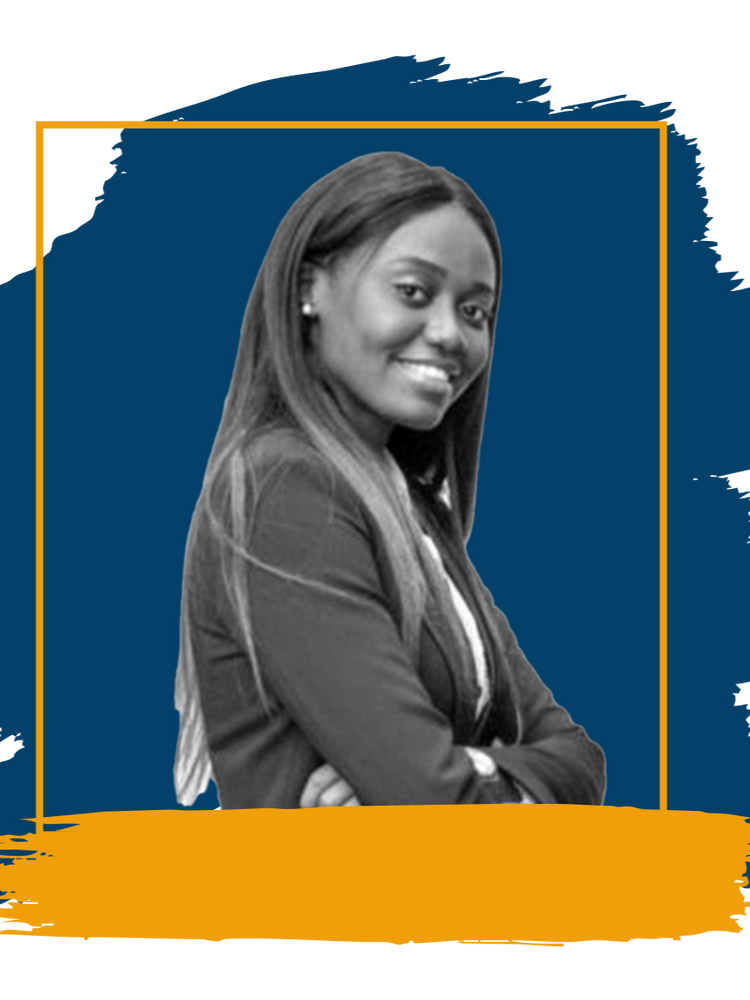
Bevania Martins graduated from Punjab College of Technical Education in India with a Bachelor’s degree in Computer Applications. She began working at the Angolan Space Program National Office as a Senior Specialist for Ground Control Segment. There, she was responsible for satellite communication signal, monitoring Radio Frequency equipment, and performing scheduled maintenance. In addition to her required duties, Martins also took part in the team that established the Angolan Space Education Program. Currently, she is finishing her Master’s in Space Applications and Service and is a member of the Space Generation Advisory Council (SGAC) of the United Nations. She recently founded a space start up dedicated to redefining space outfits. Martins is also working with a group of young Africans to develop African Cubesat (a research spacecraft also known as a nanosatellite) that gives capacity building programs, workshops, tools, and techniques towards launching a Cubesat that will include the collaboration of all African countries.
Ernest Matey (30), Ghana
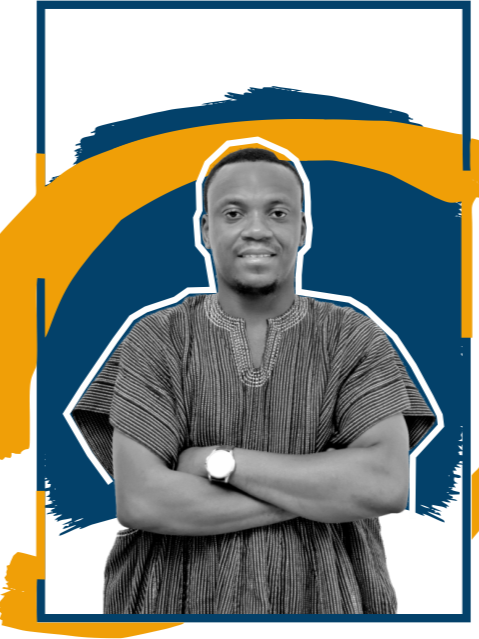
Ernest Teye Matey is the co-founder and outreach manager of the All Nations University-Space Systems Technology Laboratory. He is one of three who built and launched Ghana’s first satellite, GhanaSat-1. Matey is responsible for organizing Space and STEM education programs that have reached over 7,000 students from over 50 different high schools in Ghana. He has recently been working on a proposal to use Space Science and Satellite Technology to extend STEM education to all constituencies in Ghana. Currently, Matey is the National Point of Contact to Ghana for the SGAC in support of the United Nations Program for Space Applications. He also serves as the Site Manager for the NASA Aerosol Robotic Network in Koforidua Ghana. Matey holds a Master’s degree in Applied Science for Integrated Systems Engineering and has a career orientation in Space Mission Analysis/Design and Radio Communication.
Iliass Tanouti (23), Morocco
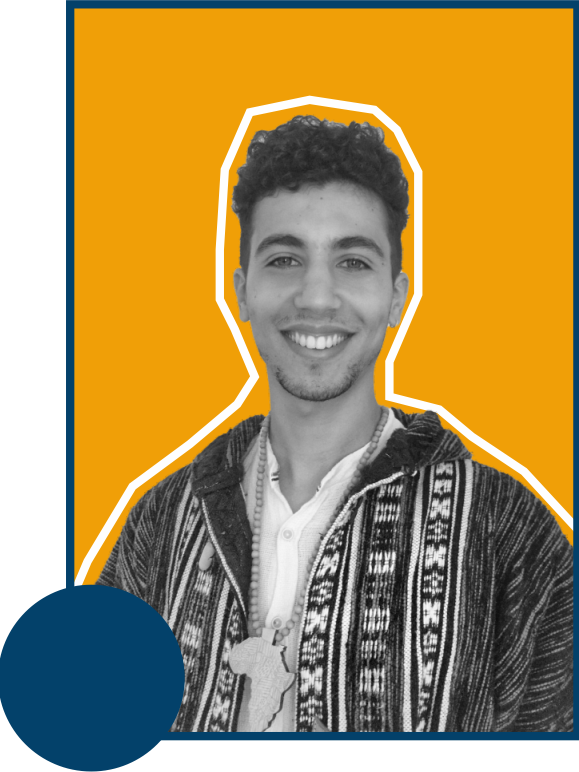
Iliass Tanouti is a space systems engineer with a degree in Aerospace Engineering from the University of Manchester where he graduated as a top-five student. At the age of 21, he published his first research on space debris mitigation while working for Thales Alenia’s Advanced Concepts team. While at Thales he developed space mission analysis and systems engineering models for several projects. Tanouti is now completing a Master of Space Studies while working on a Stealth Start-Up as a Systems Engineer. Some notable projects Tanouti took part in or led include “A study on ChipSat technology”, organizing and moderating a panel on African Space Policy named “NewSpace in NewAfrica”, and organizing an event on social justice debates with topics like “Space Neo-colonialism in Developing Regions” and “BLM: Politics, Groups and Identities in the Global and African Space Industry”. Tanouti was appointed as African Regional Coordinator for the SGAC and has since created many initiatives for Africa to use space as a tool to achieve sustainability and educate younger generations. His long-term goal is to develop the first pan-African Earth Observation constellation.
Imane El Khantouti (23), Morocco
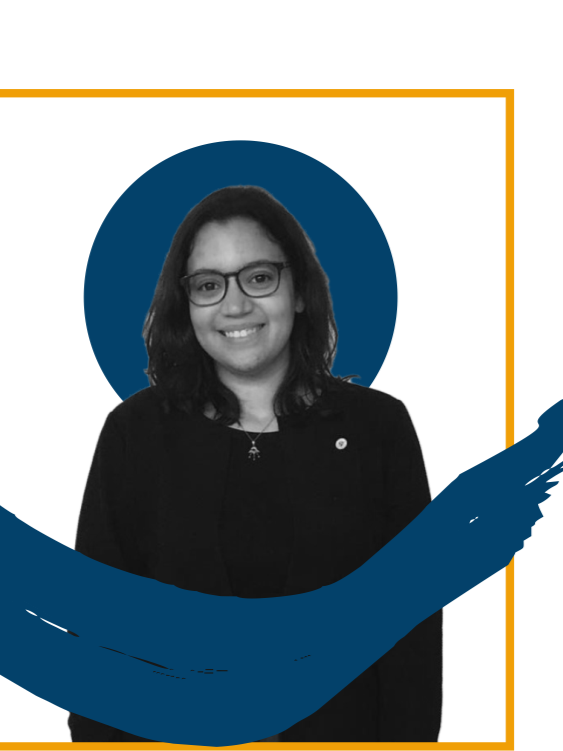
Imane El Khantouti is finishing up her Aerospace Engineering degree at the International University of Rabat. She has been actively involved in STEM since her second year in high school and has played an organizing role on the SGAC-IAF (International Astronautical Federation) youth workshop for Global Conference on Space for Emerging Countries. Currently, El Khantouti works as a project manager and systems engineer in France, leading a group of engineering students making and specializing a communication payload. She has a high interest in the use of the space industry and its applications in developing emerging markets in Africa and globally.
Johan Du Plooy (29), South Africa
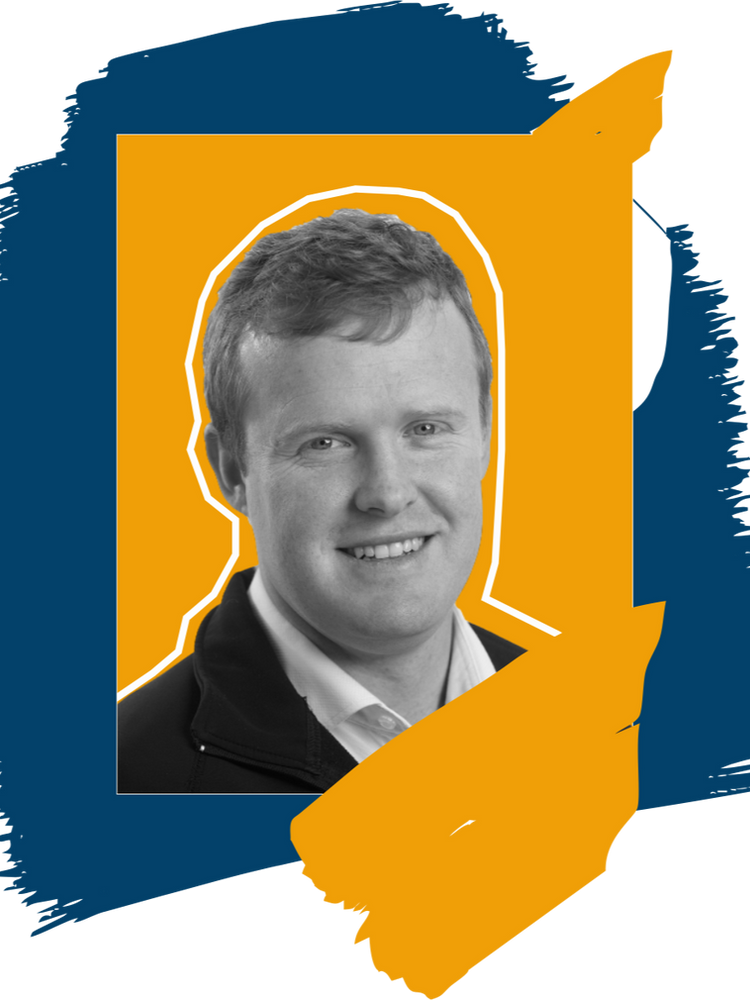
Johan Du Plooy is a mechanical engineer and business developer with a Mechanical Engineering degree. He has contributed to three Optical Payloads which are currently orbiting the earth. Over the last 6.5 years, he has contributed to the technical development, design, analysis, and integration of space-bound optical payloads. Du Plooy is actively involved in the technical development of new products focused on optomechanical designs that meet the requirements of the harsh low earth orbit environment. He recently completed an MBA essentials course to fuse his passion for the development and commercialization of space-bound optomechanical systems.
Kai Broughton (27), South Africa
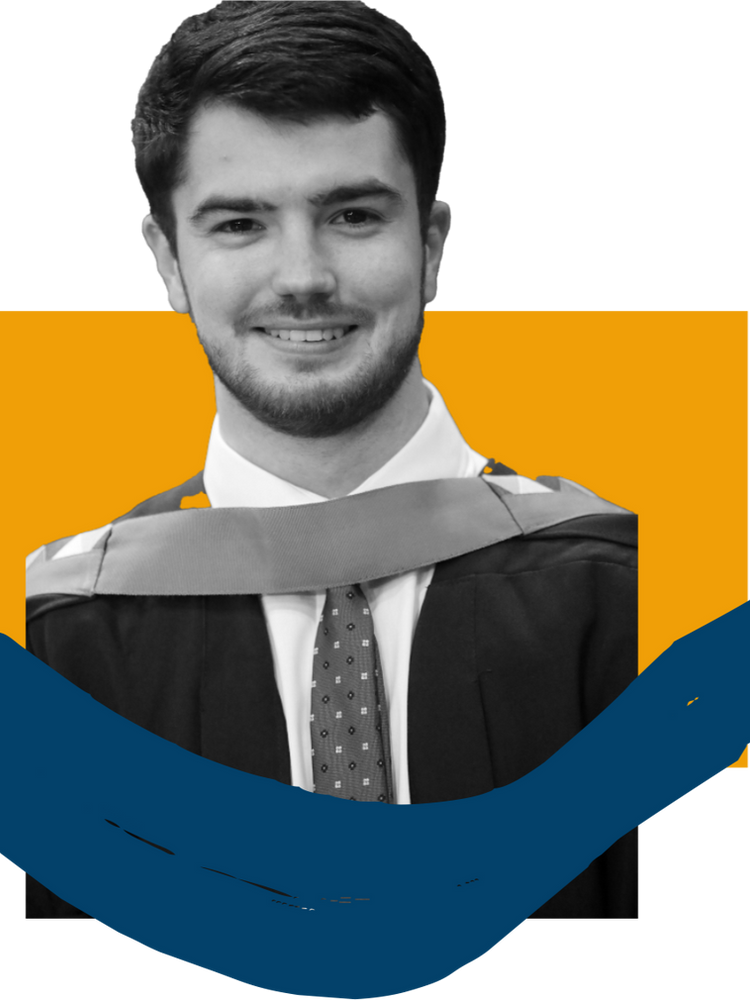
Kai Borughton holds a Bachelor’s and Master’s of Science in Engineering in which he graduated summa cum laude and cum laude respectively. He was awarded 1st prize for his final year project, the best 4th-year student award, and the prestigious Engineering Council of South Africa Merit Medal. For his master’s project he developed a hybrid sounding rocket which resulted in a launch test in 2019. He currently works as a propulsion engineer for the Aerospace Systems Research Group. Broughton is also working part-time as the Lead Engineer for the Phoenix-1B hybrid sounding rocket project, developing two sounding rockets scheduled to launch by the end of 2020. The launches will prove the technology and operations needed for a commercial workhorse sounding rocket. This will be used to commission a new sounding rocket launch facility in South Africa. His vision is to see satellites launched from African soil to accelerate local space technology development.
Lidya Elias (24), Ethiopia

Lidya Elias is an aerospace engineer with a Bachelor of Engineering in Aeronautical Engineering. Post graduation, she worked as a researcher at the Space Engineering department of the Ethiopian Space Science and Technology Institute. There she was a part of the team that developed the first micro satellite launched in December 2019. She has notably contributed to the development of Ethiopia’s First National Space policy. Elias has played important roles in many projects involving the development of Cube Satellites and Unmanned Aerial Vehicles in Ethiopia. She worked on the Altitude Control System of Cube Satellite and designed the structural and communication systems of the Unmanned Aerial Vehicle. In her research she recognized the gap in designing the drones and published two journal articles about composite materials and structural analysis of satellites. The materials were made from recyclable banana fibers instead of carbon fibers. She recently became certified in drone technology by the first cohort of African Drone and Data Academy, becoming the first Ethiopian woman to obtain this achievement. She is currently working as a technical manager in partnership with a German company to build the first air UTM, Unmanned aerial vehicles traffic Management
Marco Romero (29), Angola
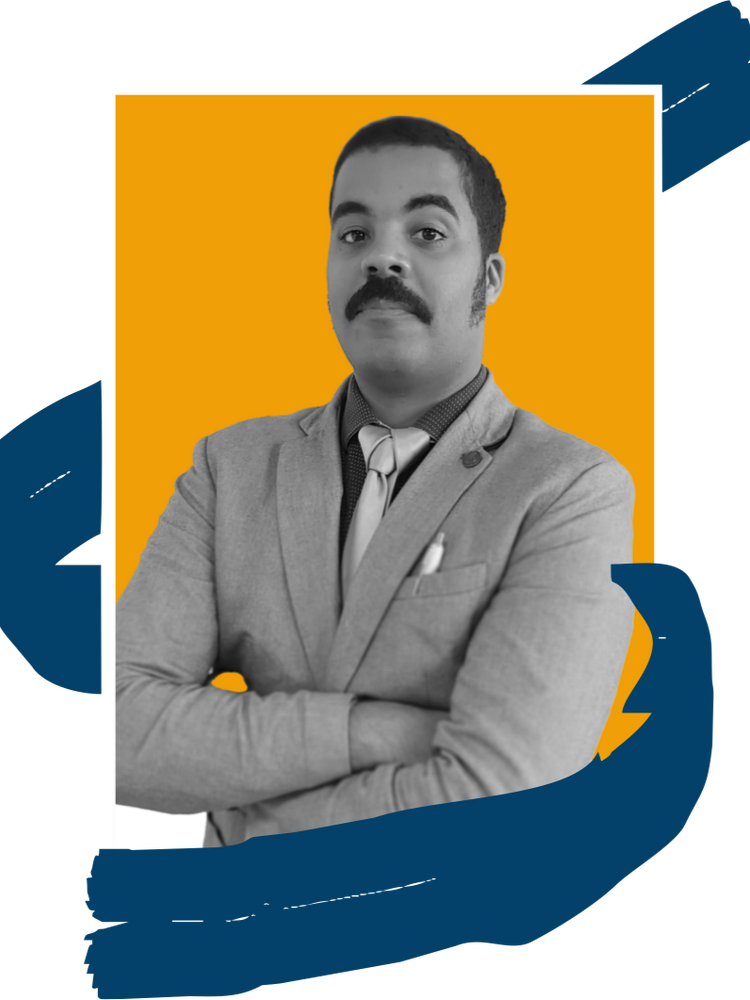
Marco Romero is an Aeronautical Engineer who currently works at Airbus Defense and Space. Romero participated in the construction of the first Angolan Satellite and has served in the Project Management Department of GGPEN. He supported the development of a Space Education and Outreach Program in Angola that was distributed throughout Africa via videos and comic books and Pico Satellites. He furthered his career to the Angolan Space Program as a specialist in Ballistic Navigation and Support for Satellite Operations. Romero started an observation mission at the French Aerospace Valley learning how to develop a strategy to implement a sustainable Newspace Ecosystem in African countries. He has created many hackathons, conferences, incubations, challenges, studies, projects, research articles and other activities in Angola and joined similar activities in other countries. In the last four years, Romero has developed and integrated 6 Startups that contribute to the development of the Aerospace Sector in Africa. He serves as the National Point of Contact for the SGAC and is the National Outreach Coordinator of the International Astronomical Union in Angola, International Space Station Ambassador, Responsible for the “Students for the Exploration and Development of Space” Angolan chapter, and World Economic Forum Global Shapers member at the Luanda HUB.
Nelly Ebruka (23), Nigeria
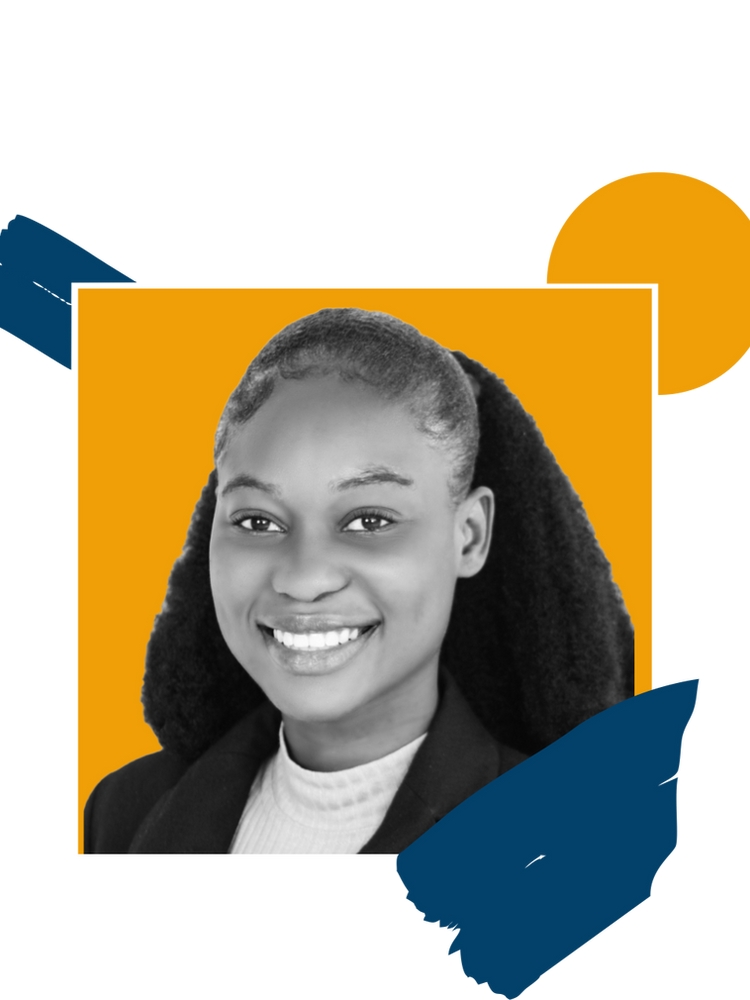
Nelly Ebruka is an elected prospective member of the international institute of space law and a final year law student with an interest in space law and regulation. She was the founding President of the International Law Student Association at the University of Calabar. Ebruka also served as the founding chairperson of the University’s space law club and organized local space law mock trials for students amongst other fields of international law. Her passion for space led her to co-found the Learnspace foundation, a non-governmental organization committed to promoting space education and awareness in Nigeria and Africa at large. Ebruka presented a paper at the last African Space leadership conference last year in Addis Ababa, Ethiopia as a Scholarship Awardee of the African Union. Currently, she is a member of the Spacehub Team, an organization that is building the African space ecosystem and provides a platform for Africans to get involved in space. Erubka is a mentee under the UN space for Women mentorship program and also an avid volunteer of the SGAC.
Rosca de Waal (28), South Africa
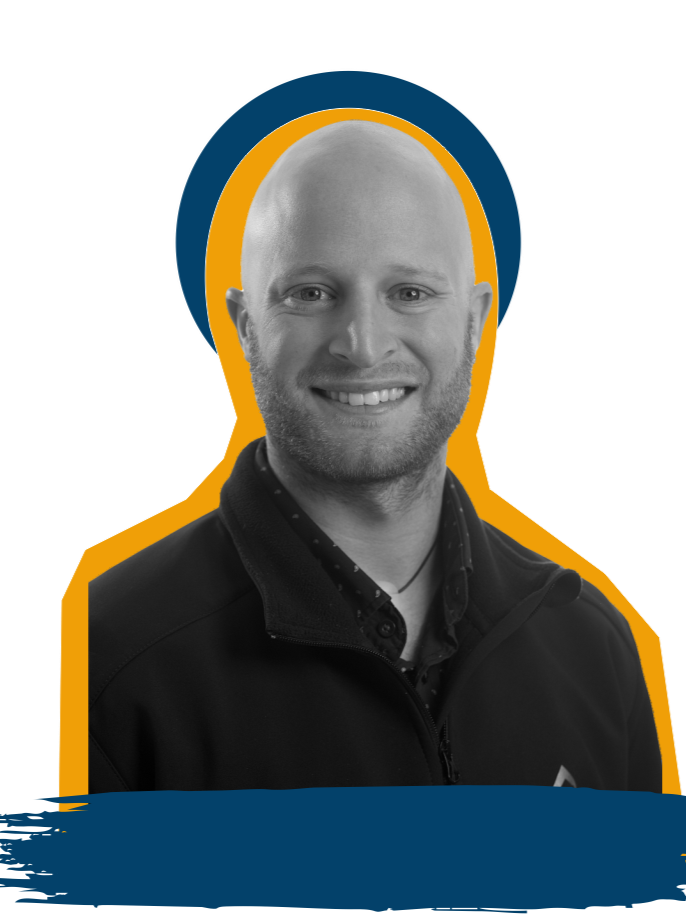
Rosca de Waal completed his Master’s degree in Mechanical Engineering at the University of Stellenbosch in 2016. In 2017, he joined Simera as an optomechanical design and AIT engineer where he designed and built all in-house assembly and test equipment used to make space borne optical payloads. In 2018 he joined the Simera Sense team as the Lead AIT Optomechanical Engineer. Until now he has been involved with the AIT of eight earth observation satellite payloads in Africa and across the world, three of which were launched in 2018, and the other five scheduled to launch within the next 2 years. De Waal has a passion for the space industry and aims to advance his knowledge in the industry through research and workshops, such as the 2019 European Space Agency Workshop on Innovative Technologies for Space Optics.
Powered by WPeMatico


